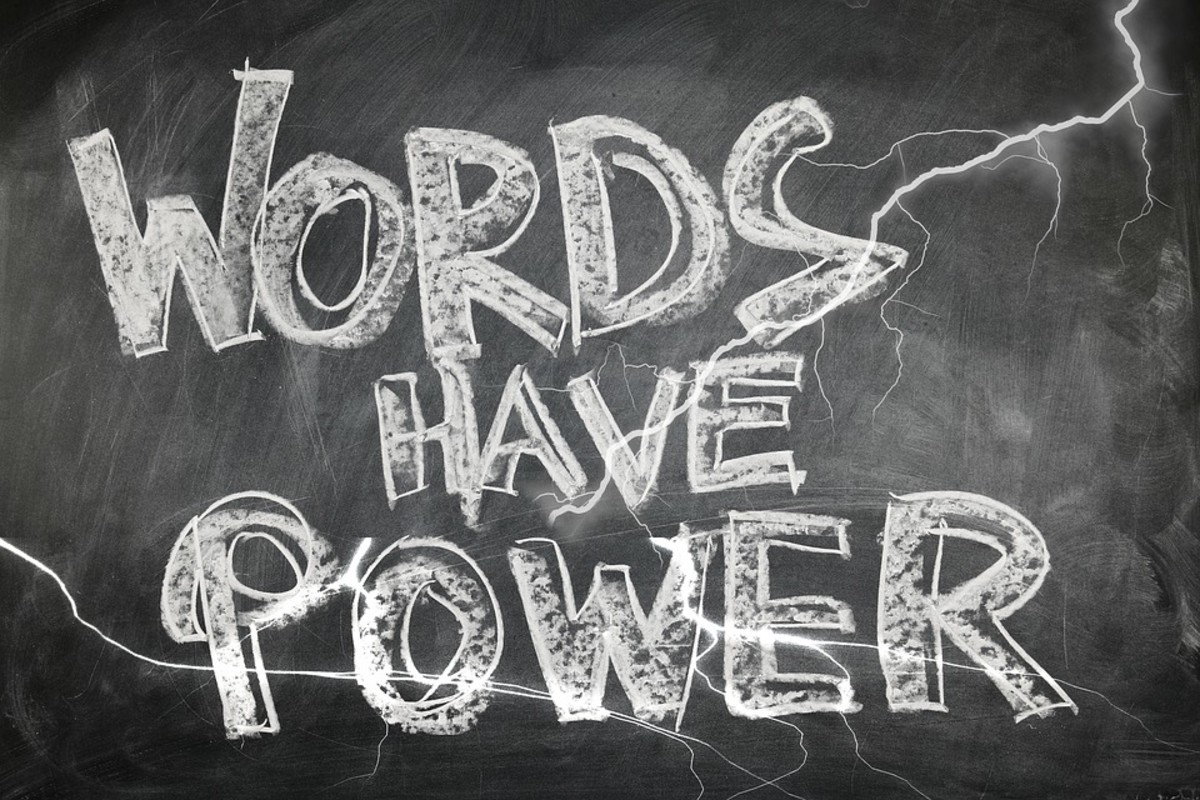NLP (Neuro Linguistic Programming) : Generating Rapport To Strengthen Relationships

Also See:
- NLP (Neuro Linguistic Programming): Generating Rapport
- NLP (Neuro Linguistic Programming): Representational Systems
- Arachnophobia: How To Overcome Your Fear (Phobia) Of Spiders
- How To Relieve Depression Without Medication & Drugs
- What Is Hypnosis Really & How Does It Work?
- What Is Remote Viewing & How Does It Work?
- Social Psychology: Cognitive Dissonance
- How To Develop A Super-Power Memory (Mnemonics)
- Anger Management: Focusing Your Anger On A Positive Intention
- Heart Defects: Long QT Syndrome & Acquired LQTS
- The Dangers Of Taking The Ecstacy Drug
Neuro-Linguistic Programming
Generating rapport (pronounced ra'pour) is not only a way of making people more responsive to you and increasing their likelihood of accepting your suggestions but it can also be a great way of building trust in people and getting others to relate to your thoughts and ideas, thereby forming a tighter bond. Rapport is a completely natural human behaviour which is performed naturally by the subconscious on a daily basis while we are normally completely unaware of it.
By taking notice of and utilizing the principles of rapport the more we can draw people into our own perception of the world simply by sending out signals that we are alike and that we share the same beliefs and values and have similar ideas. Rapport is actually a very large and very important part of NLP (Neuro Linguistic Programming), a form of applied psychology which was originally developed in the seventies by Richard Bandler and John Grinder. NLP was turned into somewhat of a pyramid scheme.
When you are deep-rooted in conversation with someone, you may notice that if one person stops talking for long enough there seems to be a moment of silence, awkwardness or emptiness - the rapport has been broken and it now feels as though it's time to leave or that you're not welcome any more. It's the same if you are both sat opposite each other and someone gets up and sits on the floor or walks out of the room. Once again, the rapport has been broken and it feels like it's time to go home.
Rapport can be held between many people, for example, in order to keep the attention of a group of pupils in a classroom the teacher needs to remain in rapport with them.
Generating rapport is a completely natural function yet some people are better at it than others, although most people don't even realize that such a thing as rapport even exists, or how it works or how it affects their daily lives. Sometimes, you may find that somebody you don't know or have never spoken to before unexpectedly starts talking to you and you may wonder why. This would most likely be because you have subconsciously been generating rapport with them and you just seem to 'click' and get on with each other.
When you are generating rapport with someone you are doing so by subconsciously and very subtly adopting their mannerisms. You may notice after hanging around with someone long enough that you start using similar words, behaviours and gestures as them or vice-versa. You continue to generate rapport, which then grows stronger, by subtly and naturally mirroring other peoples body language, breathing at the same rate as them, using similar language as them and subtly copying their general mannerisms. Not so much that you are pretending to be them but as though their behaviour is starting to rub off on you slightly. However, if carried out intentionally this must be done as naturally as possible or the other person could be left with the impression that you are up to something, they may become suspicious and the rapport will be broken.
Most people use some kind of representational system which shows the way in which they represent the world to themselves at any given moment. Usually, people are either in a visual, auditory or kinaesthetic (emotional) representational state and will subconsciously tell you which one by the words that they use. If somebody says 'yes, I see' then they are using a visual representational system. If they say 'Yes, I hear what you're saying' then they are using an auditory representational system. Although many people have a primary representational system someone can be using several representational systems at one time or may have one or two that they mainly rely on.
By using your verbal language and body language to subconsciously indicate that you are on the same wavelength as someone, you generate stronger rapport between you. Whilst you are talking you should try to agree as much as possible and understand all of their suggestions and ideas whilst keeping the conversation positive, which will then, in turn, create a stronger responsiveness to you, your suggestions and your ideas. Not only that but you will become more likeable to the people you have these conversations with because they feel that you are just like them and they feel stimulated when you are around.
When in conversation you need to remain emotionally interested and positive about the subject on which you are speaking. If you become excited or stimulated by someone then your pupils naturally become dilated. As a result, the other person's pupils should become dilated also which indicates a more responsive mental state and they should feel more stimulated and interested in what it is you have to say.
This can also provide you with something called an anchor in NLP, so that whenever they think of you in the future, they are reminded of the exciting and interesting conversation that you had and the inspiring things you had to say.
Some people argue that using NLP is manipulative. However, at the end of the day all you are doing is communicating, you're just doing it at a higher level that we all tend to utilize outside of our awareness anyway and by controlling it, are doing so more effectively.
By utilizing these very simple, but effective, principles you can create a positive impression in all sorts of situations. This can be good for job interviews, talking to people you don't know and of course, generating an interest from the opposite sex.
By Sparkster
See Also:






